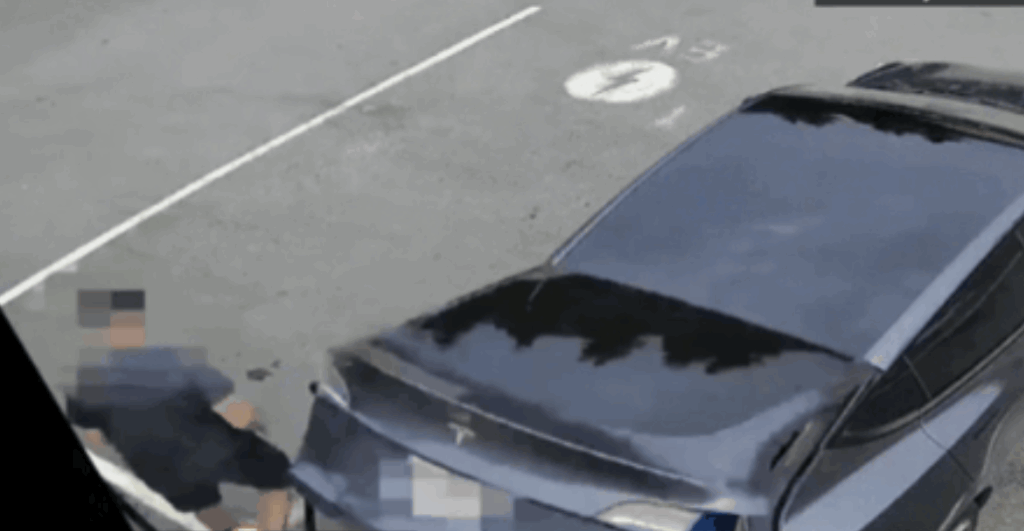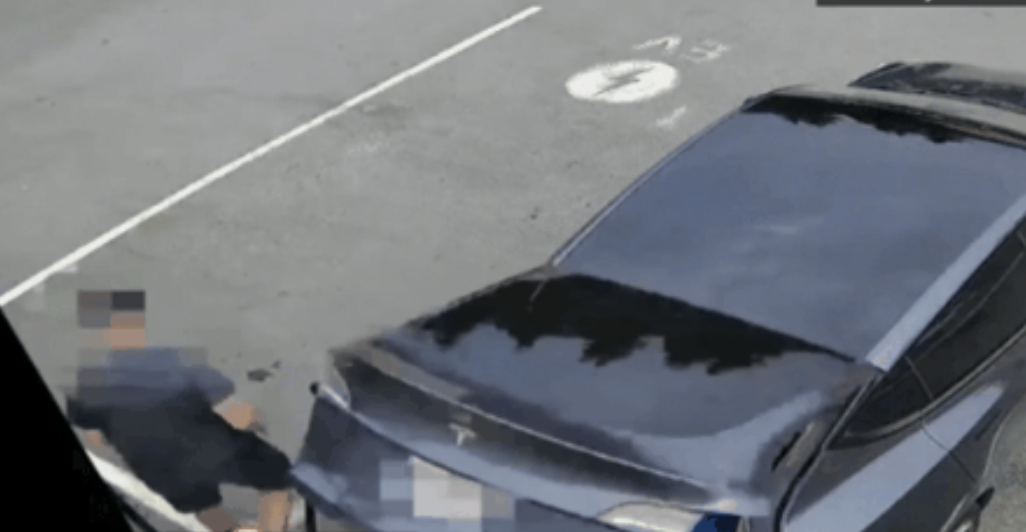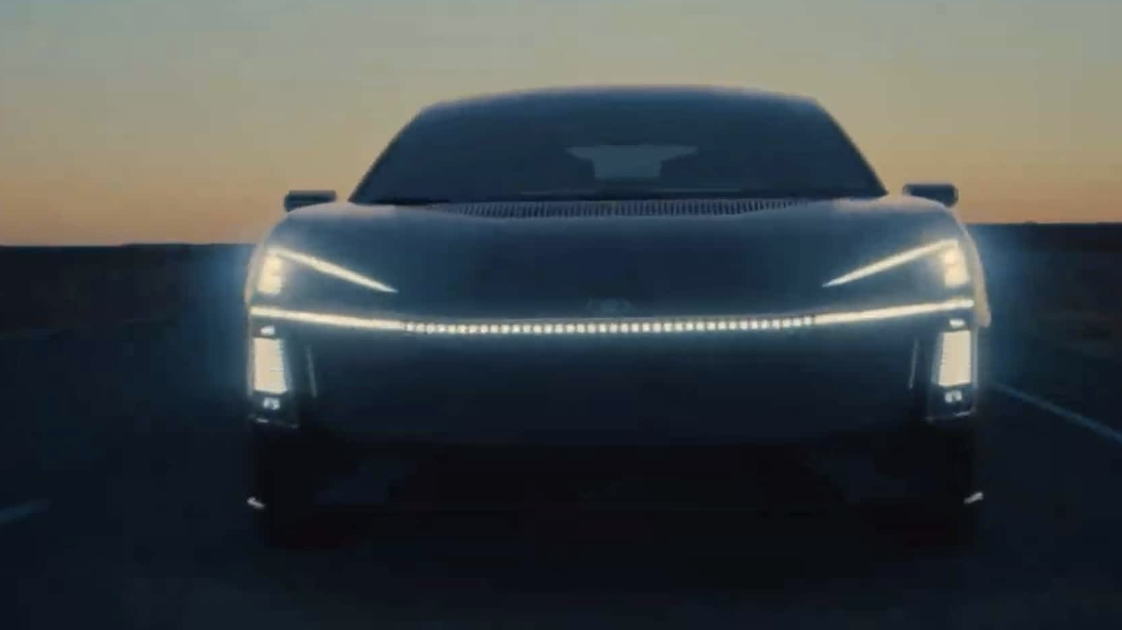Recently, Technical Safety BC (British Columbia’s provincial safety authority in Canada) released the results of an investigation into a shocking Tesla charging explosion that drew global attention.
The incident occurred in August 2024, when a Tesla owner was charging his vehicle at home. Surveillance footage captured the dramatic moment — just as the man closed the trunk and prepared to walk away, a bright flash erupted from the car’s charging port, blasting him off his feet in an instant. The footage was described as “truly horrifying.”

According to the investigation report, the root cause of the explosion was not the Tesla vehicle itself, but rather the use of a non-Tesla aftermarket charging adapter. Official testing revealed that the charging station involved was not an authorized Tesla facility, and that the adapter’s internal wiring failed to meet safety standards. The faulty design led to a short circuit, which produced a high-temperature electrical arc flash, instantly releasing massive energy and resulting in the explosion. Fortunately, no fatalities occurred, though the vehicle sustained severe damage.
Experts noted that electric vehicle charging systems require extremely precise voltage and current matching, as well as interface compatibility. While non-original accessories may be cheaper and more convenient, they often fall short of manufacturer safety standards in terms of insulation, conductivity, and protection. This greatly increases the risk of fires or explosions in the event of a short circuit or overload.
In light of this incident, officials urged EV owners to use only certified equipment and approved charging stations, emphasizing that saving money or convenience should never come at the cost of safety.



